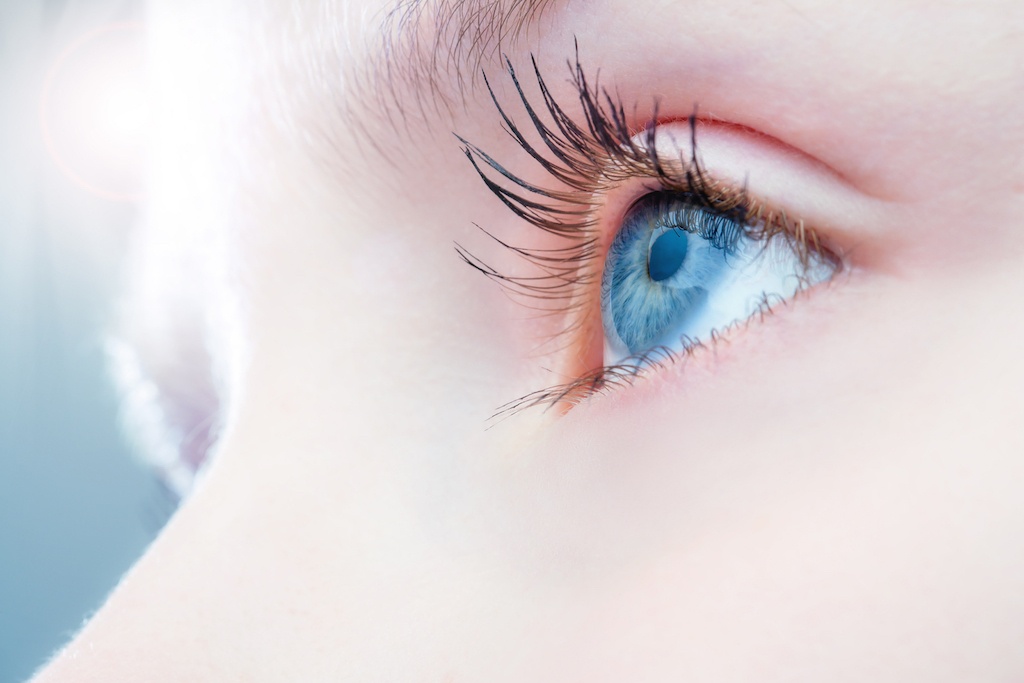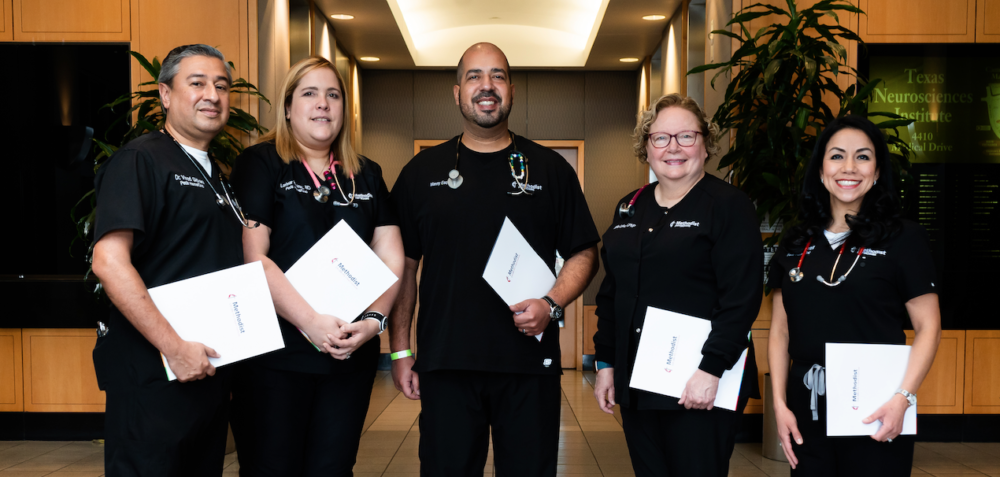Nutrition is important to our daily routine, and it can help prevent certain conditions that affect our health. I had a patient tell me, “People eat for taste, not for nutrition.” It’s true most of the time, but some foods are nutritious and tasty. In support of Macular Degeneration Awareness Month, here are a few nutrition guidelines to help keep your eyes healthy.
What nutrients are important to the eye?
Antioxidants
Antioxidant vitamins, like vitamins A, C, E and beta carotene, and other antioxidants, minerals such as selenium, lycopine and zeaxanthine, are important in battling free radicals and decreasing your risk of cancer and damage from smoking, as well as sun exposure. Vitamin A deficiency can affect night vision and cause dry eyes. Lutein is one of two major carotenoids found as a color pigment in the human eye. It helps with visual contrast in low-light conditions, and it has been studied for its preventative effects on macular degeneration and cataracts. Some sources of antioxidants
include berries, green leafy vegetables, garlic, green tea and tomatoes.
Omega 3 Fatty Acids
Omega 3 Fatty Acids are essential fatty acids, they are not produced by our body naturally. Found in deep sea fish, like salmon, herring and tuna, some nuts and oils, such as flaxseed oil, Omega 3 Fatty Acids have been shown to naturally lower triglycerides and blood pressure. These fatty acids can reduce inflammation to improve symptoms of arthritis and asthma. They are beneficial for pregnant women, are associated with lower rates of depression, and can be helpful in prevention of dementia. Omega 3 Fatty Acids have been used as treatments for children with autism and ADHD.
Water
Ok, so there are no calories in water, and it is not really a nutrient, but it is an essential part of our body and our diet. The healthiest thing you can drink first thing in the morning is a glass of water. Water helps us stay hydrated and produce a healthy tear film to maintain our ocular surface. Under the eye circles and dry skin can be minimized with hydration. Your body needs water to produce lymph fluid to fight disease, flush out toxins and lubricate your joints. Dehydration can lead to headaches, dry eyes, depression and insomnia, among other things. So be sure to get your eight to 10 glasses of water a day!
These are only a few of the nutrients that are important in your daily intake, and chronic malnourishment can slowly lead to health problems.
Lisa Martén, M.D., is a board-certified ophthalmologist at the South Texas Eye Institute. For more information call 210.692.1388 or visit www.southtexaseyeinstitute.com. The South Texas Eye Institute is located at 2424 Babcock Rd, Suite 101 in San Antonio, TX 78229.





Recent Comments